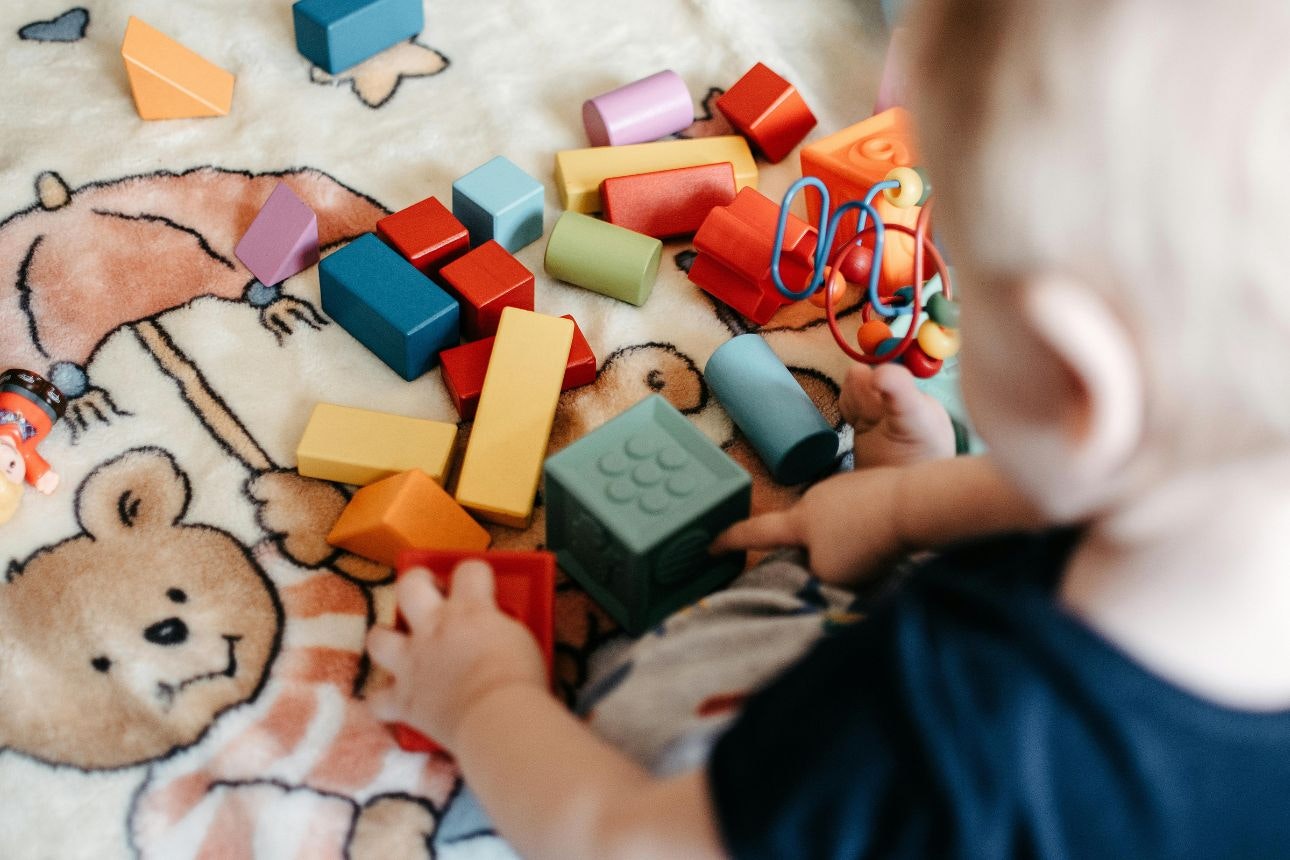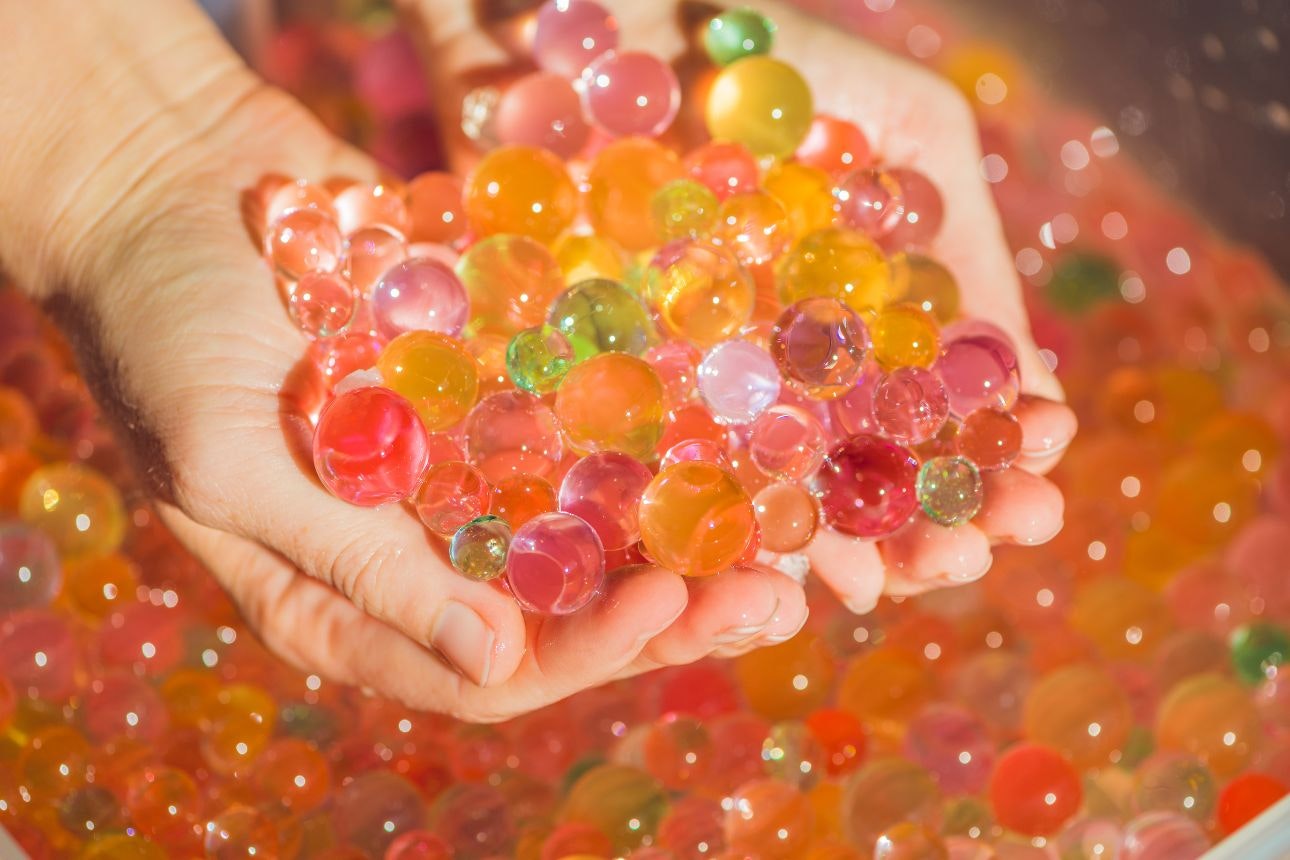
By Belinda Castles
Researcher | Kairangahau
Temu and Shein sell thousands of products. But consumer testing has found many kids’ toys and products, as well as USB chargers and necklaces, aren’t safe.
With Christmas creeping up, it’s tempting to bag a bargain from online retailers like Temu and Shein.
But how safe are the offerings? To find out, consumer organisations in Germany, France, Denmark and Belgium tested 162 products, including children’s toys, USB chargers and necklaces.
The test found more than 60% of the products tested from both online stores had failures. The worst categories were:
products marketed as suitable for children younger than 3 years old
USB electronic chargers.
The products were tested against European Union (EU) standards and were tested for mechanical, chemical and electrical compliance. Warning and compliance labels were also checked.
This isn’t the first time we’ve reported on unsafe products bought online. In February, we found safety concerns in a selection of children’s toys in our investigation into the safety of kids’ toys from Temu.
This month, the New Zealand Medical Journal reported that a 13-year-old has undergone major surgery after eating 80-100 small magnets purchased on Temu. These types of magnets have been banned for sale for personal or domestic use in New Zealand since 2014. The authors said this case highlights the dangers of online marketplaces for young New Zealanders and the significant challenge enforcing these laws.
Toys
As shown in the table above, all the Shein children’s products tested and 96% of the Temu products had non-compliance issues.
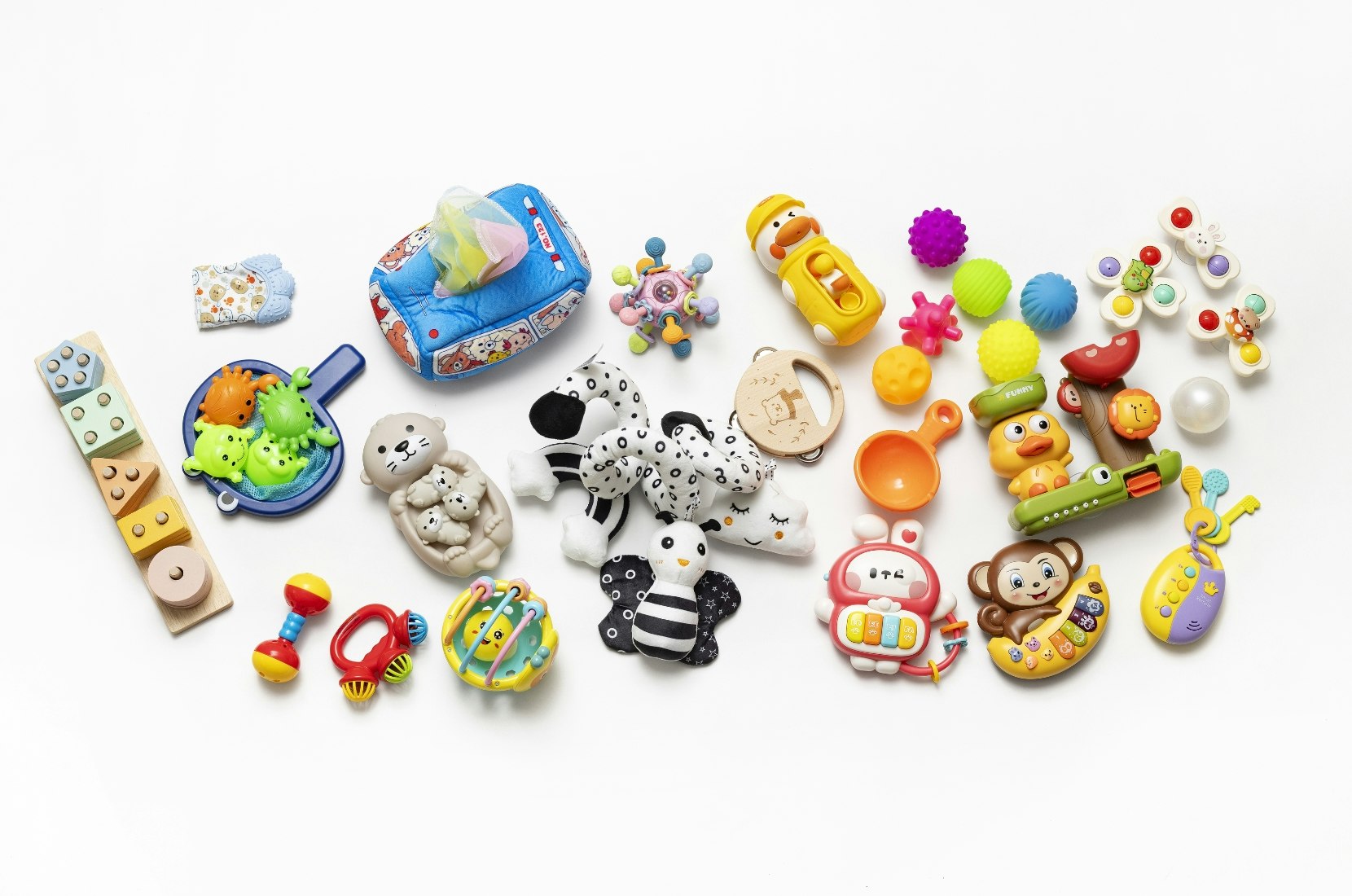
For Temu, 8 products had issues categorised as “high” severity.
For Shein, 10 products had issues categorised as “high” severity.
Moreover, 26 of the 27 Temu products and all 27 Shein products tested also had non-compliant labelling.
Chemical failures
2 Temu products had chemical failures.
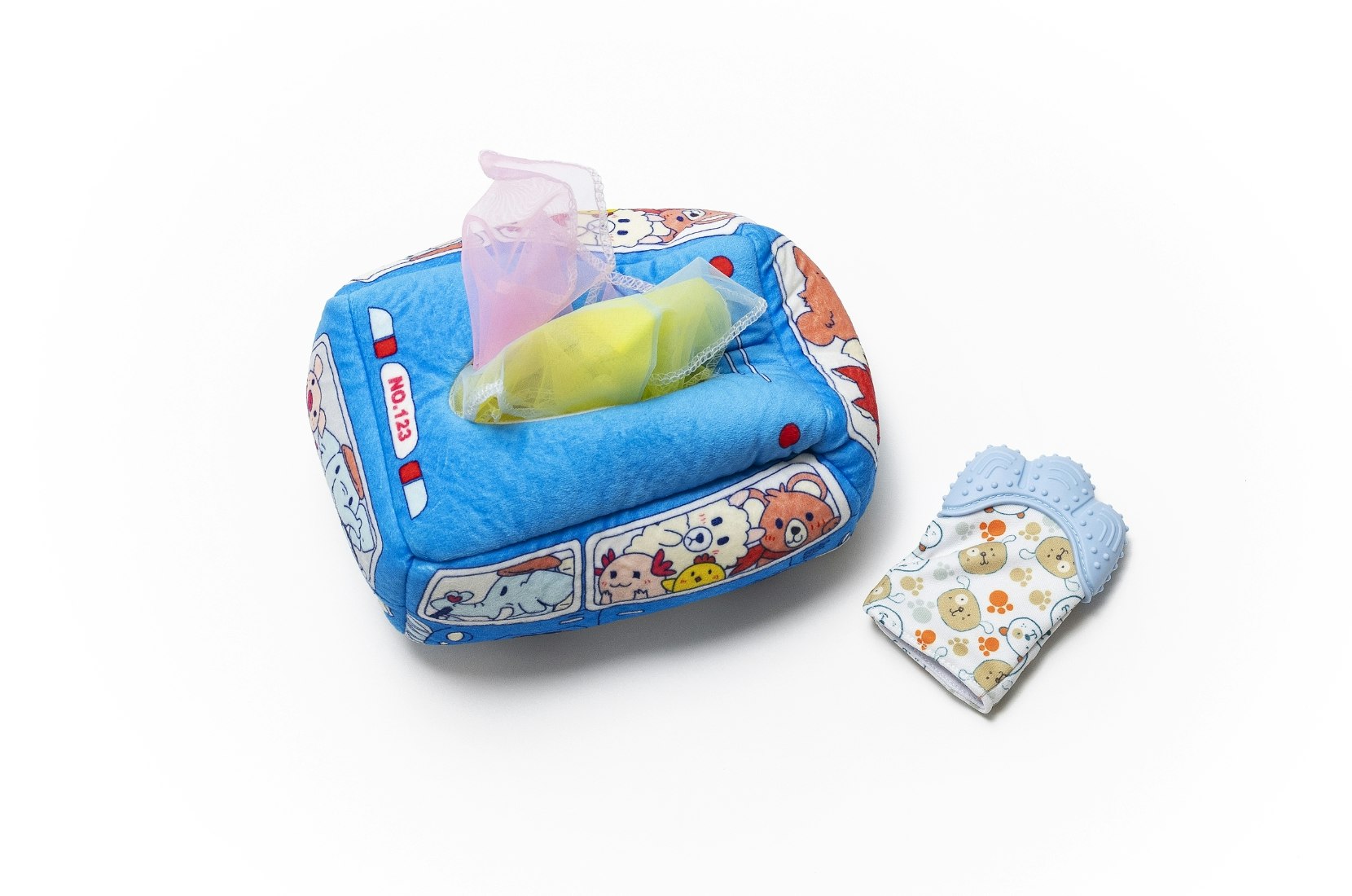
Formaldehyde was found in elevated levels in cloths from a toy tissue box. Formaldehyde is added to textiles to make them less likely to wrinkle. At high levels, it can cause allergies.
EU regulations state that for young children’s toys or toys intended to be placed in the mouth, formaldehyde content should be lower than 30mg/kg. In 2 of the 7 cloths, levels were found to be around 5 times higher than the regulated amount.
A silicone teething glove contained high levels of nonylphenol ethoxylates (NPEs). These are endocrine-disrupting substances, that is, they can interfere with the body’s hormones. There are limits to the amount of NPEs allowed in products that are washed in water during normal use. The Velcro fastener of the Temu teething glove was found to contain around 4 times the limit.
Mechanical failures
Mechanical safety issues were found in 30 of the 54 toys tested.
Small parts that detached during impact testing: These could be a choking hazard. One product had 13 different small parts that detached.
Toys that were the wrong shape and size: Several toys had too long or too thin protruding parts. Toys with protruding parts may become stuck in a child’s mouth.
Products that were a suffocation risk: Some products were a half-sphere shape. This design can cover a child’s mouth and nose and is a suffocation risk.
Toys with loose parts: Some toys included suction cups to allow the toy to be stuck to the wall. However, some suction cups were loose, and if they came off, they could become a choking hazard.
Toys that were too loud: A set of squeaky balls was too loud. A loud sound can impair hearing.
Electrical safety failures
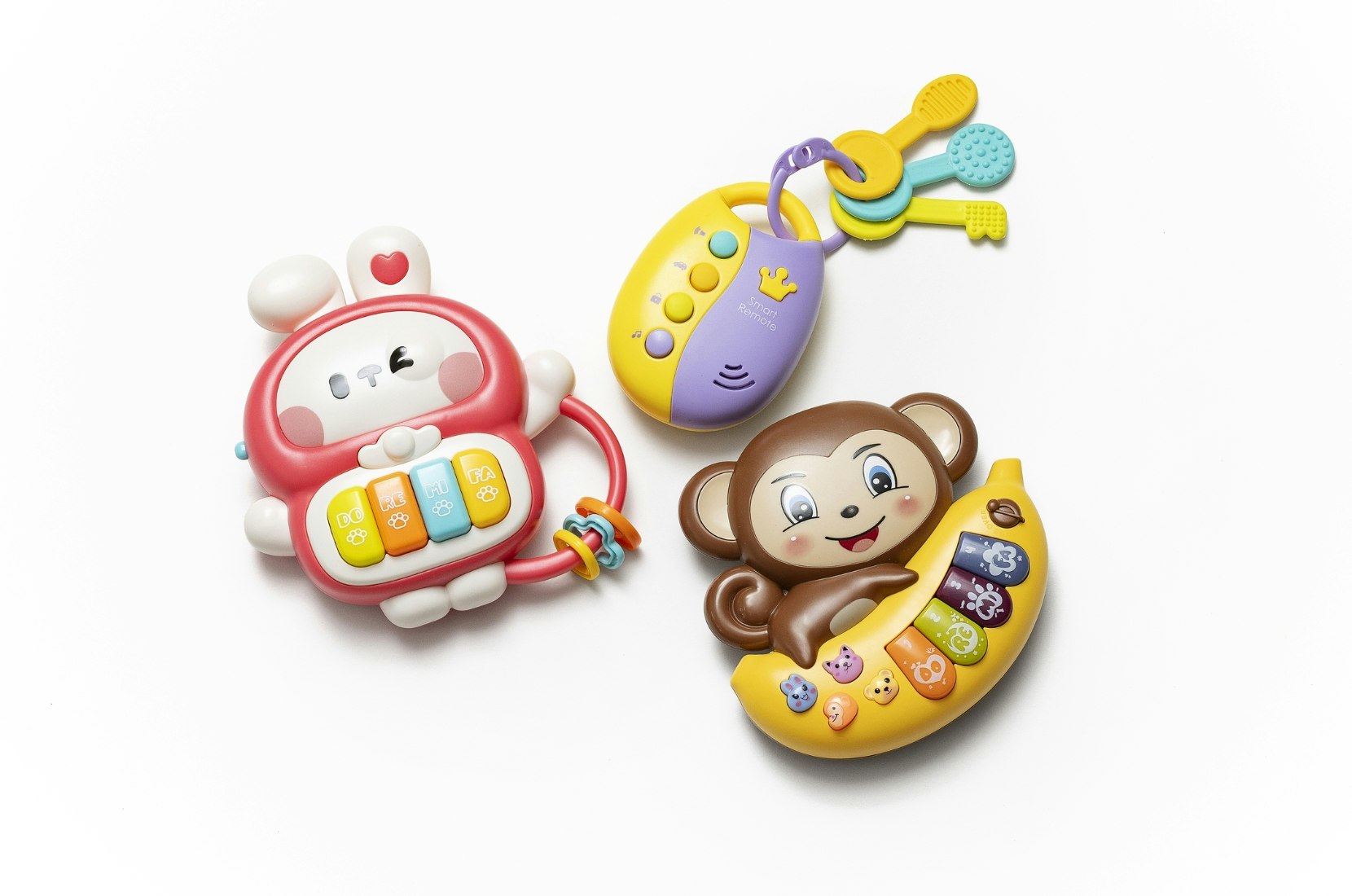
3 toys purchased from Shein had electrical safety failures. The screws of the battery compartments were not durable, and the plastic threads were destroyed during a test. This means the small batteries can become accessible without using a tool. This poses a choking risk.
These products contained AA or AAA batteries. However, consumers also need to be cautious about products containing button batteries. Button batteries are small, round batteries used to power objects like hearing aids, toys and watches. They can range in size, from the size of a 20c coin to the size of a pea.
When button batteries come into contact with fluids, including saliva, a chemical reaction occurs. This reaction can cause burns and tissue damage.
If swallowed, button batteries can pose a choking risk.
If the battery becomes stuck in the digestive system or elsewhere in the body, it can cause significant, irreversible damage in as little as 2 hours.
Whānau Āwhina Plunket National Injury Prevention Child (Child Safety) manager Kathryn Impelmans says that not all toys are created equal. She advises, before buying any toy, you check the safety of these six factors.
Size – big enough not to choke on
Surface – smooth edges, no cracks or jagged bits, no sharp bits
Strings – not too long
Supervision – some toys need you there observing their use
Sound – not too loud for little ears
Specs – check the packaging for information on hazards, small parts and the right age range for children.
USB chargers
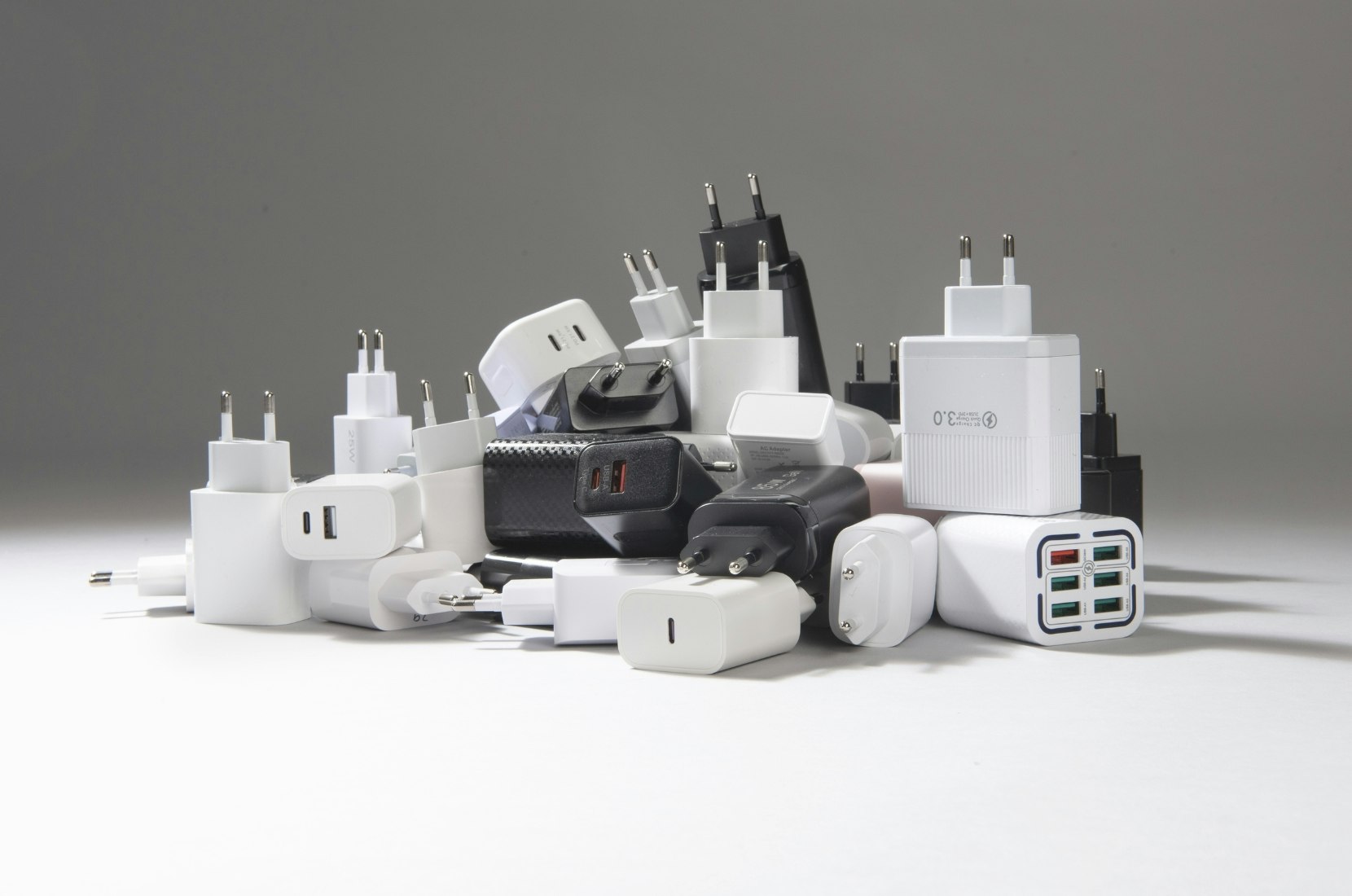
The safety testing of USB chargers from Shein and Temu found widespread compliance issues, particularly when it came to mechanical and electrical safety.
For Temu, 5 products had electrical failures categorised as “high” severity.
For Shein products, 12 chargers had issues that were “high” severity.
Many chargers (21 out of 54) had incorrect markings or labelling. This included missing output power symbols or incorrect symbols.
Electrical safety failures
Electrical failures were found in 17 of the 54 USB chargers tested. These were classified as “high” severity failures. The majority of both Shein (52%) and Temu (78%) chargers had “medium” severity failures.
These included:
Dangerously small clearance and creepage distances between components. This hazard increases the risk of electrical arcing, which can cause sparks or fires.
Overheating – temperatures above the permissible limit. Excessive heat can deform the plastic casing, damage internal insulation and cause a fire.
Mechanical safety failures
Mechanical failures were found in 51 of the 54 chargers.
27 chargers failed the drop durability test. After the drop tests, many chargers no longer fitted properly into power sockets.
Consumer tech writer Nick Gelling said these results are concerning. Nick recommends being suspicious if you see an “official” Apple or Samsung charger for a price that seems too good to be true.
“Even if the shape, specifications and markings look official, there’s a high chance the charger won’t meet safety standards. It’s best to buy a charger from a reputable New Zealand store. The chance of buying a counterfeit charger from a New Zealand store is low, and it’s much easier to resolve any issues.”
Necklaces
To check the safety of necklaces, they were tested for levels of the heavy metals cadmium, lead and nickel.
Most necklaces had no issues. However, 3 necklaces from Shein had dangerously high cadmium contents. In all 3 cases, the high amount was in the necklace’s pendant. People who are in the habit of putting their necklace pendant in their mouths are especially at risk.
Frequent exposure to even small amounts of heavy metals can be dangerous. It’s difficult for the body to excrete them and, over time, exposure to heavy metals can lead to build-up of toxic levels in the body.
The companies’ responses
The EU’s Digital Services Act (DSA) requires online platforms to act against non-EU-compliant products on their websites – even those from third-party sellers.
The European consumer organisations raised the test concerns with Shein and Temu.
Both companies responded immediately and removed products with serious defects from sale.
In addition, Shein warned buyers of the contaminated necklaces and some USB chargers about the issues.
Temu told Consumer NZ it takes product safety very seriously. Regarding the products in question, it has removed them and notified the respective sellers.
“Temu has a comprehensive quality control system in place to prevent, detect, and remove non-compliant products, including conducting physical inspections. We also work with top independent testing organizations to make sure products sold on Temu meet required standards. We remain committed to providing a safe and trustworthy shopping experience for all and to full compliance with EU product safety regulations.”
New Zealand laws
For toys, Aotearoa’s Product Safety Standards (Children’s Toys) Regulations 2005 establishes a safety standard that anyone who sells toys must comply with. The standard applies to toys manufactured, designed, labelled or marketed for children up to and including 36 months of age (3 years).
The standard says these toys must not be, or have the potential to create, a hazard if swallowed or inhaled. Put simply, they can’t have small parts, including small parts that could come off during play. The standard also sets out testing methods to ensure no parts can come off and become a choking hazard.
All products under the Consumer Guarantees Act (CGA) must be of an acceptable quality. This includes being:
safe
durable
free from minor defects
able to do what they’re made to do.
Even though Shein and Temu are platforms for individual sellers, both companies are liable under the CGA and must ensure goods on their platforms are safe.
Under the Fair-Trading Act, the minister of commerce and consumer affairs may declare a product unsafe if it could cause injury to any person. While only the minister may declare a product unsafe, you can report products you consider unsafe to the government department Product Safety New Zealand.
We will be reporting our concerns to Product Safety New Zealand.
New Zealanders deserve better protection
Consumers in the EU have the protection of the DSA. The act is designed to ensure consumers can access safe, predictable and trustworthy online environments, including online marketplaces.
We think it’s time consumers in Aotearoa had access to the same protections.
In the meantime, we strongly recommend you do not purchase children’s toys and USB chargers from Shein and Temu.
It's a good idea to check any toys purchased from other online platforms too, as well as from stores in Aotearoa.
About the test
Consumer organisations in Germany, France, Denmark and Belgium purchased 162 products from Temu and Shein. Product categories purchased included:
baby toys and products described as suitable for children under 3 years old
USB chargers
necklaces.
Products were selected at random from the list of popular products on each website.
Products were tested for mechanical safety, chemical safety, electrical safety (if applicable) and whether the product was correctly labelled to the relevant EU standards.
Necklaces: Tested for harmful substances according to the limits in the EU chemicals regulation REACH (Registration, Evaluation, Authorisation and Restriction of Chemicals).
Toys: Tested according to EU product safety directives (for example, 2009/48/EC, REACH and POP (Persistent Organic Pollutants) regulations) for correct labelling, mechanical and electrical safety, and harmful substances.
USB chargers: Checked for correct labelling and compliance with electrical and mechanical safety requirements under the EU’s Low Voltage Directive.
Non-compliance was classified by potential danger to consumers as “low”, “medium” or “high” severity.
Health NZ Te Whatu Ora funded our report as part of its ongoing efforts to prevent harm from unsafe toys and other goods.

Is lead lurking in your home?
Lead poisoning is a serious public health issue. We investigate where it might be hiding in your home, including in cosmetics and cheap tapware.
